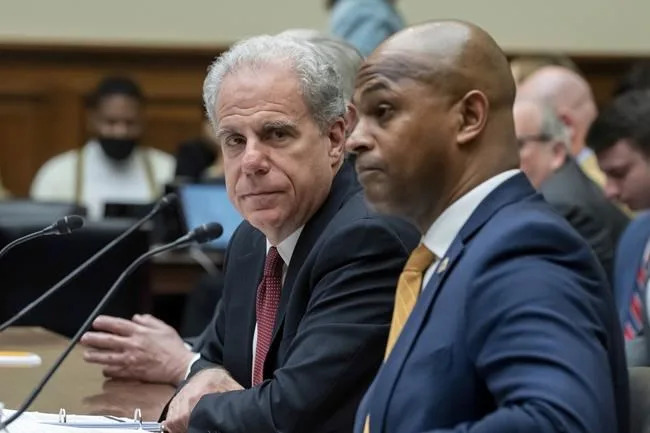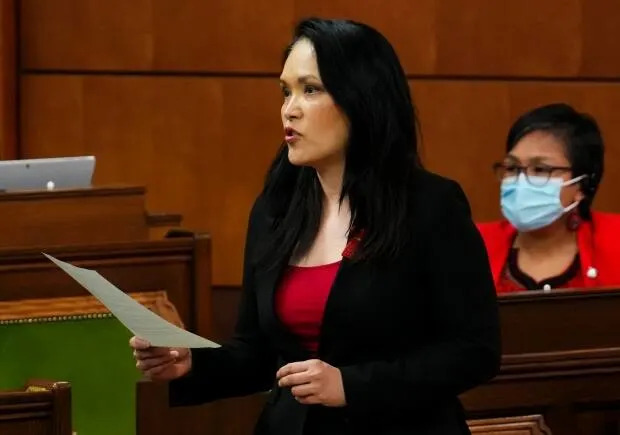'Dances with Wolves' actor to be charged in U.S. may have victims in Canada: police
Wed, February 1, 2023

CALGARY — Police in southern Alberta say they have been working with authorities in the United States in a sexual assault investigation involving a former actor in "Dances With Wolves."
Nathan Lee Chasing Horse, who is also known as Nathan Chasing His Horse, is accused of sexually assaulting girls as young as 13 and taking wives as young as 15.
Las Vegas police also allege the assaults span two decades and happened in the U.S. and Canada.
Chasing Horse, who was born on the Rosebud Reservation in South Dakota, was arrested Tuesday near Las Vegas.
Police in Calgary and the neighbouring Tsuut’ina Nation say they have been collaborating with authorities in Las Vegas and believe there may be victims in Alberta.
Both are reminding the public that there is no statute of limitations on investigating or prosecuting sexual assaults in Canada.
“However, we know that not all victims will feel comfortable reporting to police, and encourage them to reach out to the resources provided by the National Centre for Truth and Reconciliation, or locally to a community organization,” Calgary police said in a statement Wednesday.
Tsuut’ina Nation police said that they are reviewing all related historical sexual assault files and “working with a dedicated Crown prosecutor to ensure all victims have a voice.”
Chasing Horse is known for his role as the young Sioux character Smiles a Lot in the 1990 Oscar-winning Kevin Costner film “Dances with Wolves." He later gained a reputation as a so-called medicine man who performed healing ceremonies.
His arrest was the culmination of a months-long investigation that began after the Las Vegas Metropolitan Police Department received a tip in October 2022.
No lawyer is listed for Chasing Horse in U.S. court records.
Court documents show that he is to be charged with at least two counts of sex trafficking and one count each of sexual assault of a child younger than 16, child abuse or neglect and sexual assault. U.S. authorities have not said when he will be formally charged.
Las Vegas police arrested Chasing Horse as he left a North Las Vegas home Tuesday.
The Associated Press reported that it had obtained a search warrant, which says Chasing Horse, 46, shared the home with his five wives and is believed to be the leader of a cult known as The Circle.
AP also reported that Las Vegas police noted in the document that they have identified at least six alleged victims and uncovered sexual allegations against Chasing Horse dating to the early 2000s in multiple states.
He was banished in 2015 from the Fort Peck Reservation in Montana, the warrant reportedly says, amid allegations of human trafficking.
“Nathan Chasing Horse used spiritual traditions and their belief system as a tool to sexually assault young girls on numerous occasions,” the AP story says, quoting what detectives wrote in the warrant. It adds that his followers believed he could communicate with higher beings and referred to him as “Medicine Man” or “Holy Person.”
One of Chasing Horse’s wives was allegedly offered to him as a “gift” when she was 15, while another became a wife after turning 16.
Chasing Horse is also accused of recording sexual assaults and arranging sex with the victims for other men who paid him.
Although the warrant includes details of crimes reported elsewhere, the AP story said the arrest stems from crimes allegedly committed in Nevada’s Clark County.
Chasing Horse is due in court Thursday in North Las Vegas.
This report by The Canadian Press was first published Feb. 1, 2023.
— By Daniela Germano in Edmonton, with files from The Associated Press
The Canadian Press












